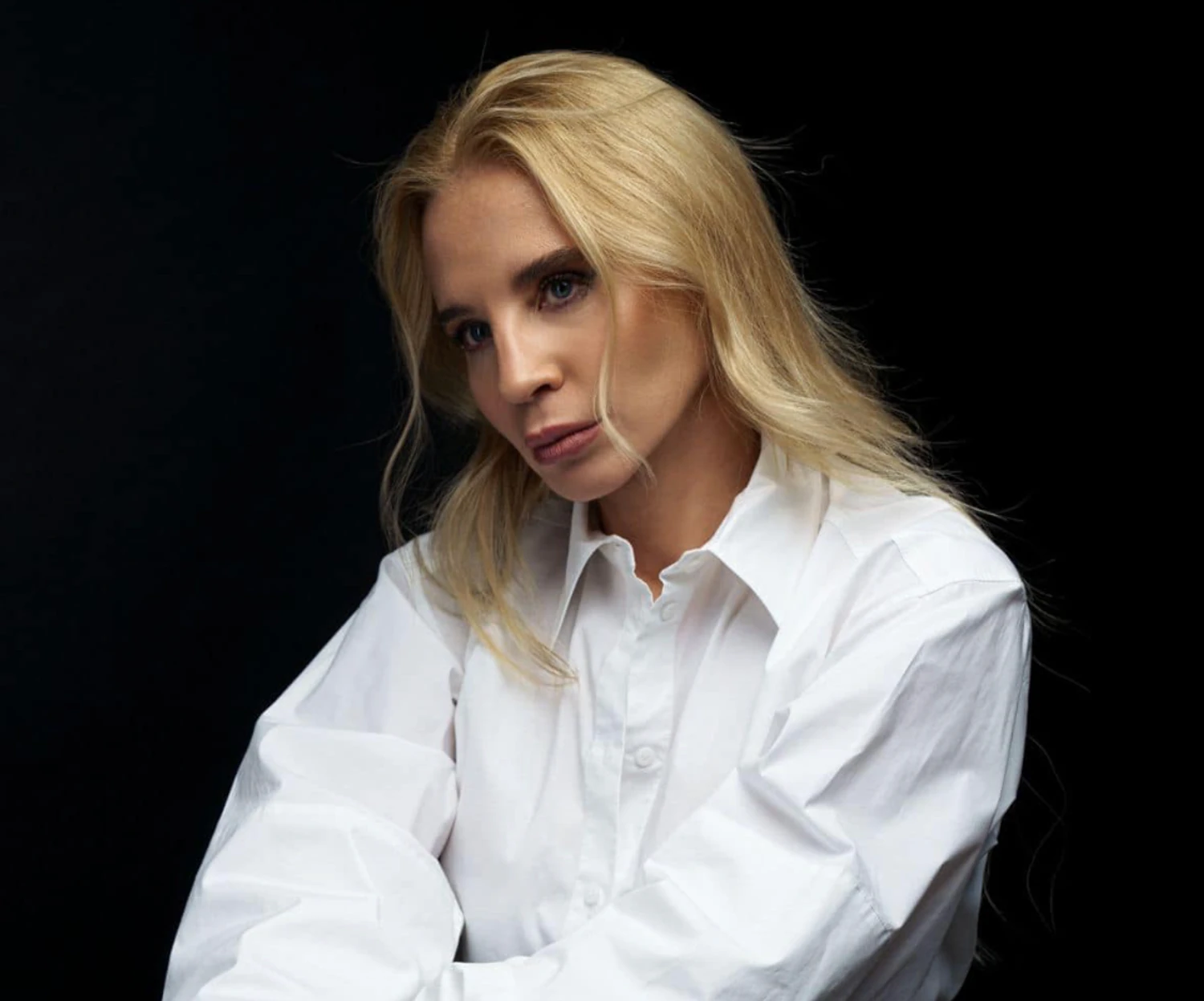“Women and money: why the future of finance has a female faceAn opinion column by Olena Sosedka, a financial expert and co-founder of Concord Fintech Solutions.
”, — write: unn.ua
Generations before us fought for the right to vote and education, while we are shaping the right to financial agency – that is, the right to plan, invest, and build systems. After all, women have realized that finance is not about a man’s world; it’s about freedom of choice: where to move up the career ladder, what business to develop, what to invest time and money in, and ultimately, how to influence the country.
Stories every woman should knowIn 1870, Victoria Woodhull and her sister Tennie Claflin opened a brokerage firm on Wall Street – Woodhull, Claflin & Co. Imagine: two women in long dresses and corsets, amidst the clamor of quotes, where only men’s hats and cigars had previously reigned. Newspapers hissed: “petticoats on the Street,” mocking the “ladies meddling in men’s affairs.” But the stock exchange was no longer the same – a precedent had been set.
The next story is about one of America’s wealthiest women in the early 20th century. During the 1907 crisis, when banks were faltering and trust in the financial system was eroding, she lent money to New York City to prevent its bankruptcy. This was Hetty Green, later dubbed the “Witch of Wall Street,” not because she did anything strange, but because she was a woman who earned more than men.
Green had a reputation for being thrifty, even stingy, but her strategy of “buy when everyone is afraid” made her a legend. Today, her methods would be called “crisis management” and “behavioral finance.” Back then, it was simply women’s logic.
And in 1974, the US Congress passed the Equal Credit Opportunity Act, thanks to which women finally gained the right to open credit lines without a husband’s or “guardian’s” signature. For history, this is “yesterday”; for us, it’s a reminder of how quickly the rules of the game can change when there is a societal demand for justice.
Indeed, until 1974, banks refused to open credit even for successful businesswomen or widows. Ironically, this happened in an era when American women were already flying into space and managing corporations. The 1974 law did not just remove a legal barrier – it opened a floodgate to the economic independence of millions of women who, for the first time, could build credit histories and take out mortgages.
After Woodhull and Green, the world of finance became completely different. But the path they walked is our collective memory that women’s presence in finance is not an exception, but a regularity that was once simply ignored.
“Pink Wall Street” and women’s money In recent decades, women have confidently risen in the financial and corporate hierarchy. In the US today, over 40% of management positions are held by women, and this number is growing year by year. At the C-suite level (CEO, CFO, COO, VP), there are more of them than ever before. And what’s interesting: companies with a balance of women and men in leadership show higher profitability and better innovation. Diversification is no longer about “ethics” or “the fashion for inclusivity”; it’s about ROI.
However, in the venture world, the balance is still far from ideal. In 2024, all-female teams received only about 2–3% of venture funding. Not because their ideas are weaker. It’s simply because, at the table where investments are distributed, men have historically sat. And they, often unconsciously, invest in those “similar to themselves.”
However, the trend is changing. Every year, the number of female partners in venture funds increases, and this automatically boosts funding for startups founded by women. Simultaneously, the female share of managed capital is also expanding. Currently, women control over 30% of private wealth globally. And according to forecasts, this figure will increase by another third by 2030.
Ukrainian women in modern financeUkrainian women are not standing aside from the financial sector. Domestic fintech companies are also increasingly headed by women. And this is not about quotas; it’s about the quality of thinking that combines strategic vision and empathy. This combination is becoming the new capital of modern business.
Today, as fintech has become the driving force of economic recovery, Ukrainian women are shaping the rules of the game: in banks, investment companies, startups, charitable foundations, and state initiatives. They are launching new services, managing risks, attracting international investments, and building the country’s financial stability at a time when this stability seems illusory.
Final chordWhen Woodhull traded stocks, Hetty Green saved New York, and women in the 70s signed their first credit agreements – they didn’t think they were becoming symbols. They were just doing their job.
Today, we continue it – with fintech platforms, digital cards, and investment strategies. And perhaps, in 50 years, someone will read about “Ukrainian women who created a new financial culture after the war,” just as we read about Woodhull or Green. Because the history of finance is not about money. It’s about those who can see the future where others see risk.
